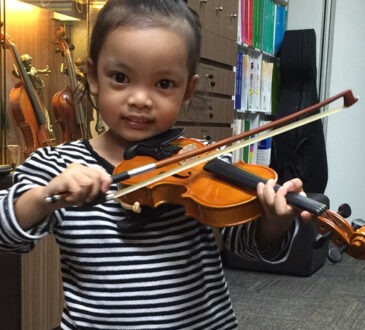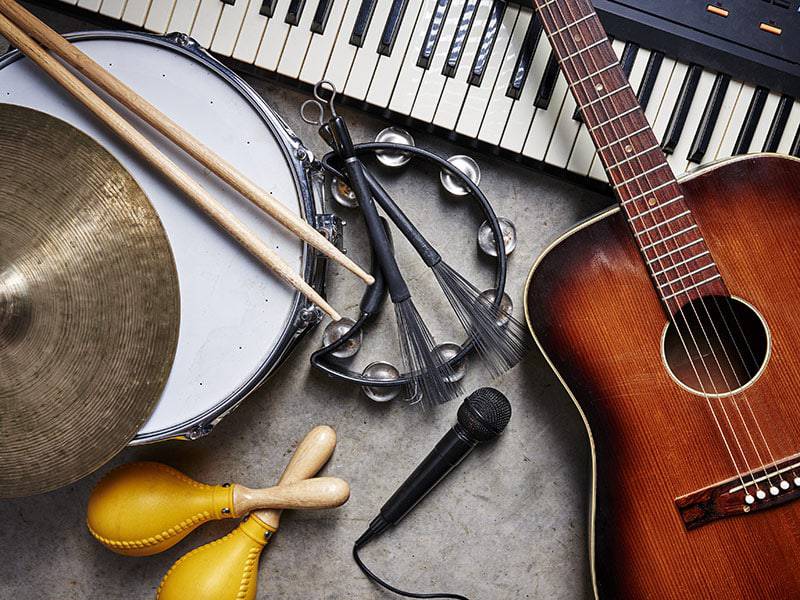
So, you’re a musician eager to share your work with the world. But how much should you invest in promoting your music? After all, even Mozart needed an audience. You might wonder about proper budgeting for music promotion and management: Is there such a thing as spending too much or too little?
Let’s dive into this topic to help clear things up for rising stars like yourself.
Music Platforms & Engagement Strategies
After setting aside funds for music promotion, you must use those resources wisely. Choose platforms and strategies that align with your target audience’s preferences. Spotify For Artists is a robust platform where independent musicians can thrive.
You control your profile customization, access data on playlist inclusions, stream numbers, plus follower/listener count. Consider Soundcharts, a powerful tool aggregating helpful metrics regarding your marketing efforts in real-time! To efficiently manage multifaceted campaigns across different channels, gather all details using HubSpot (CRM).
ToneDen specializes as a promoter for live events, an avenue worth exploring for potentially lucrative outcomes if managed well enough. Finally, Buzzstream aids by simplifying the outreach process, including link building plans and bulk pitch dissemination targeted toward various audiences, while providing an organized database of potential influencer collaborations within specific genres.
Remember, your fans exist beyond just one or two platforms, so blanket commits should be avoided but rather spread evenly out!
Recording & Production Costs
Starting with your music production, bear in mind the costs. You will need to invest some funds at this early stage. Recording studio time can rack up quite a bit quickly. However, you might find home studios that offer competitive rates.
The budget for hiring professional musicians also varies widely depending on their expertise level. Production isn’t just about raw recordings. Other essential elements include mixing and mastering services by experienced professionals who ensure quality sound output.
A well-mixed song helps catch the listener’s attention better than one poorly mixed could ever do, so investing here is highly recommended. Lastly, consider graphics-related expenses like album art creation or lyric video production, which add visual appeal and thereby enhance promotion efforts greatly.
Live Performance Budgeting
As an artist, you may view live performances as critical. You might see them not just as entertaining and connecting with your audience but also as income-generating opportunities. So, how can budgeting work in this context?
First off, grasp the costs involved. Your expenses can include travel arrangements, accommodation if necessary, equipment rental or transportation fees depending on the venue’s situation, etc. Think about marketing, such as posters, flyers, or targeted social media ads to notify local fans of your show.
Keep tabs on these figures because they’ll help shape future decisions, too! Once you have clear-cut numbers, you can decide which gigs are financially feasible. Then, develop spending plans that prioritize higher-return endeavors while keeping expenditures within reason.
Remember, recoupment isn’t instant. It could take weeks, even months, before concert revenues cover their upfront costs. So, outdoor venues during summer festivals usually generate more profit than small clubs in winter.
Again, the key here is the strategic resource management tailored to match the artistic vision and the financial status quo. Never underestimate well-thought-out planning; it tends to pay dividends down the line!
Setting a budget for music promotion requires balance. Overspending can harm you financially, while underspending hinders growth potential. GUIÓN PARTNERS suggest investing 15-20% of your expected income back into marketing efforts. This includes costs for social media advertising, PR services, or working with influencers in the industry.




